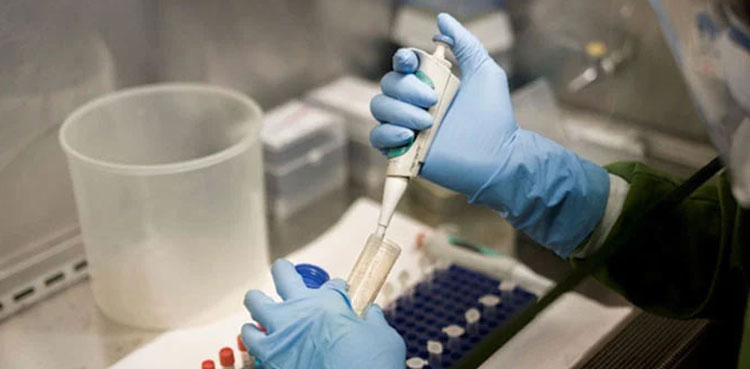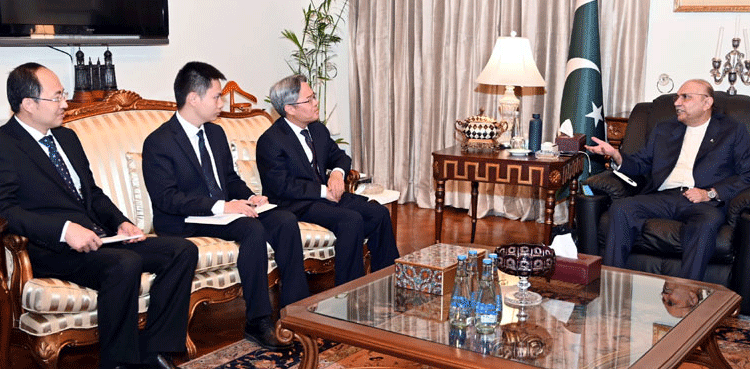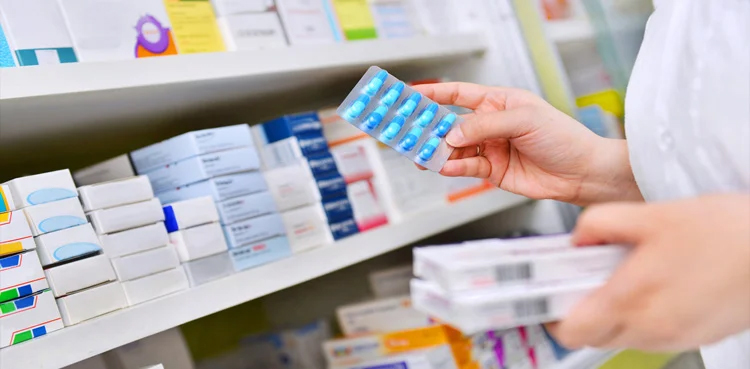Pakistan has reported another polio case in Dimaer, GB, in 2025, ARY News reported on Monday, citing the National Institute of Health (NIH).
According to details, the case was reported from the Diamer district, where a 23-month-old child has tested positive for the poliovirus.
This marks the first polio case reported from Gilgit-Baltistan since 2017, when the last infection was detected in the Thore area of the same district.
The affected child in the latest case belongs to the Gabar area of Tangir, Diamer.
Sources from NIH revealed that the child’s sample tested positive for the YB3A4 poliovirus cluster. Genetic sequencing has shown that the virus strain is linked to Karachi, although the child has no reported travel history.
The NIH also highlighted that routine immunization coverage in Diamer is notably low, making it one of the high-risk districts for polio in Gilgit-Baltistan.
Read more: Nationwide anti-polio drive nears completion with 97% coverage, says NEOC
Authorities are now investigating the case further and stressing the urgent need to strengthen vaccination efforts in the region to prevent further transmission.
According to the NEOC report, 97% of targeted children have been successfully administered the anti-polio vaccine over the six-day drive.
In Punjab and Sindh, 97% of children have received the vaccine, while the coverage stands at 98% in Khyber Pakhtunkhwa and 97% in Balochistan.
Azad Jammu and Kashmir achieved a 98% target, and Gilgit-Baltistan and Islamabad exceeded expectations by vaccinating 101% of the estimated children.
The NEOC also stated that the synchronized polio campaign in both Pakistan and Afghanistan is progressing successfully.









